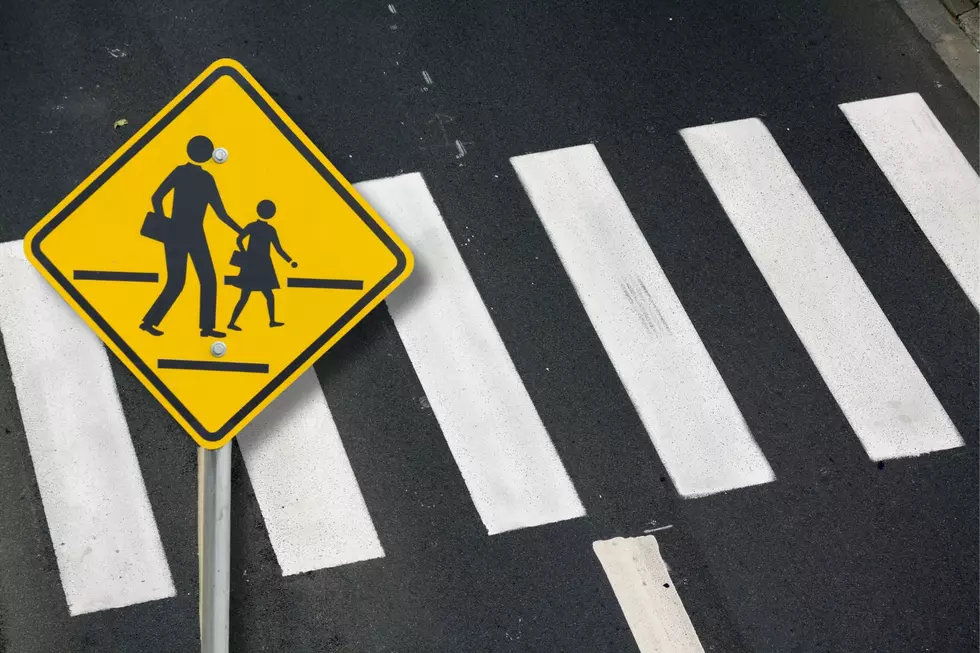
The Two Important Things To Do After Getting Stung By A Wasp Or Bee In Michigan
Getting stung by a bee or wasp can be a painful and alarming experience, but there are some simple steps you can take to minimize the discomfort and potential health risks.

First and foremost, try to remain calm. Panicking can actually make the situation worse by increasing your heart rate and blood flow, which can spread the venom more quickly.
If possible, remove the stinger by scraping it out with a credit card or your fingernail. Avoid pinching the stinger, as this can inject more venom.
Next, wash the sting site with soap and water to help reduce the risk of infection.
Apply a cold compress or ice pack to the area to reduce swelling and pain.
Over-the-counter pain medications like ibuprofen or acetaminophen can also help alleviate discomfort.
If you experience signs of an allergic reaction, such as difficulty breathing, dizziness, or rapid heartbeat, seek immediate medical attention.
Severe allergic reactions, known as anaphylaxis, can be life-threatening and require prompt treatment with epinephrine, usually administered via an EpiPen.
For most people, the symptoms of a bee or wasp sting will subside within a few hours or days.
However, if the swelling or pain persists or worsens, or if you develop signs of infection like redness, warmth, or pus, consult your healthcare provider.
To prevent future stings, be cautious around areas where bees and wasps are known to nest, such as trees, bushes, and eaves.
Wear protective clothing like long sleeves and pants when working outdoors, and avoid wearing fragrances that may attract insects.
If you have a known allergy to bee or wasp stings, be sure to carry an EpiPen with you at all times and inform those around you of your condition.
Hopefully you don't have to deal with a bee or wasp sting anytime soon, but now if you do you'll know what to do.
10 Invasive Plants & Insects You Should Destroy if You Spot Them in Michigan
Gallery Credit: Michigan.Gov


